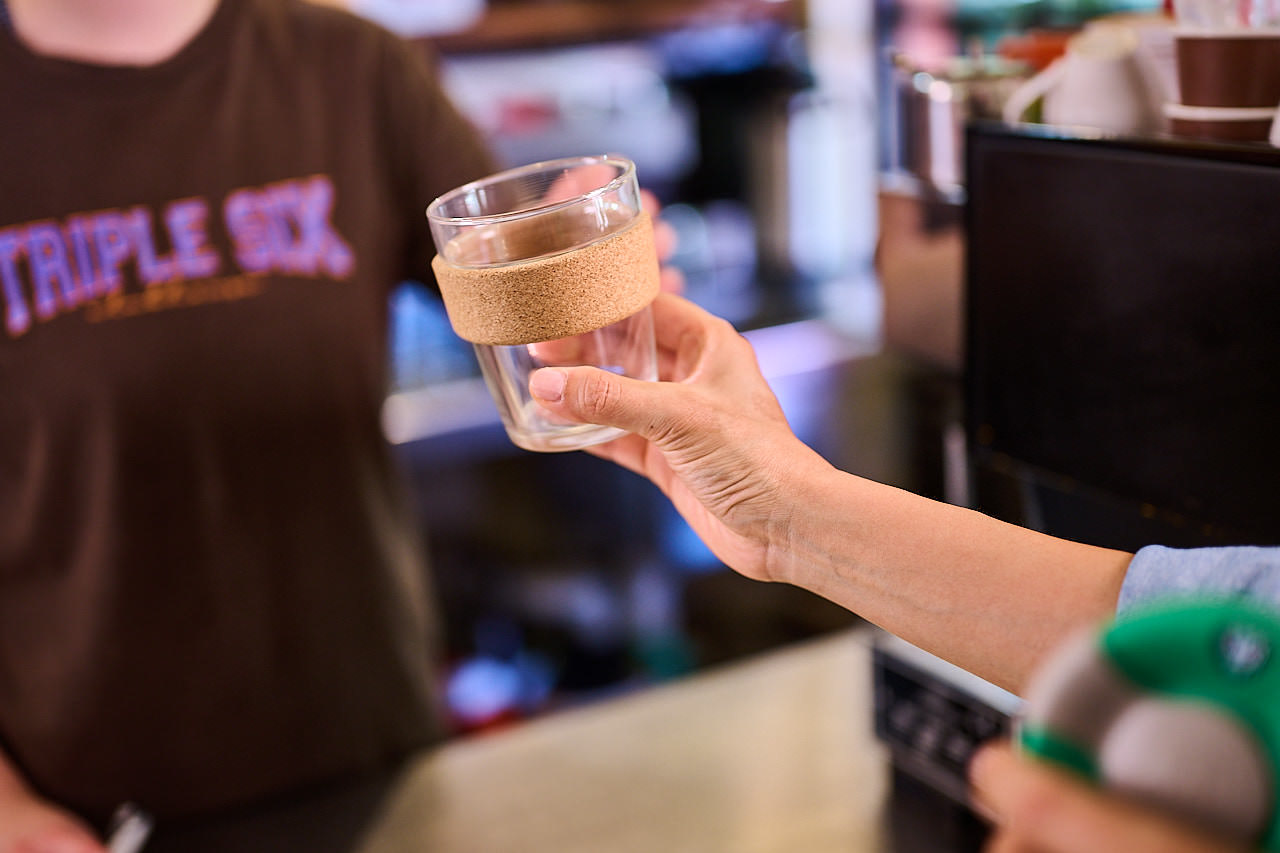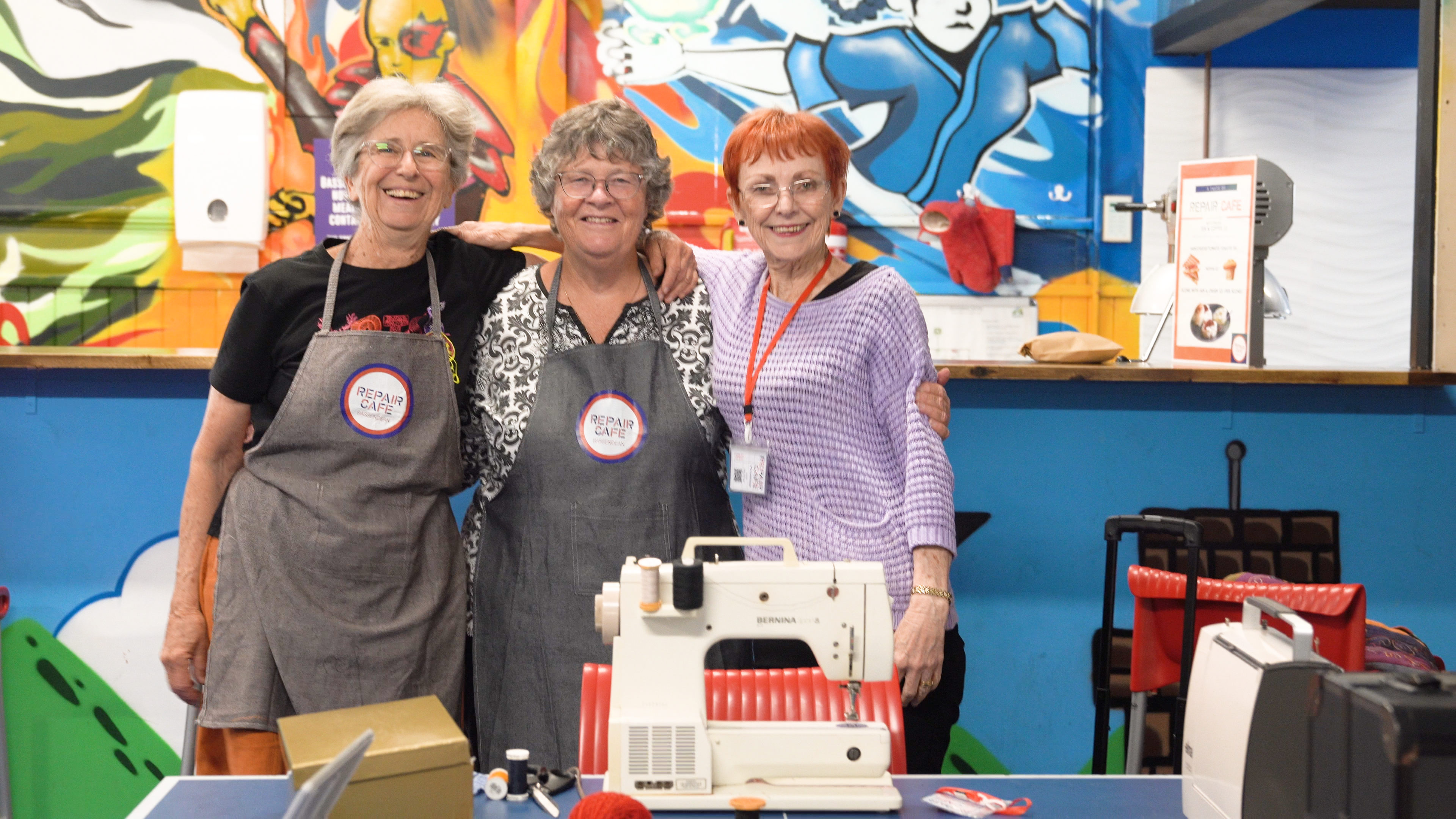Recycle, Reuse & Repurpose
Posted on: July 10, 2020
Changing the way we think and consume is as crucial to waste reduction as learning new and better ways to reuse, recycle and repurpose items.

Say no to single use items
Refusing everyday items such as takeaway coffee cups, drinking straws, shopping bags and even tissues will all help to reduce the waste going into landfill.
Avoid packaged produce
Refuse to buy vegetables wrapped in plastic or other packaged foods and look for better ways to shop, such as farmers markets – which can save money too.
If you are shopping at a supermarket think about each purchase – look for glass or steel packaged alternatives as this material is more likely to be recovered and reused than plastic.
Audit your wardrobe, pantry, bathroom cupboards etc
Take stock of what you already own – it may surprise you and make you realise that there’s little else you genuinely need.
Adopting personal guidelines such as a ‘one-in, one-out’ system or undertaking challenges like Project 333 can be helpful to prevent over-purchasing and kick-start good habits when it comes to clothing and other household items.
Ditch bottled water
An easy one to refuse! Good quality reusable bottles filled with tap water save waste and money.
Eliminate junk mail
Use our WasteSorted no junk mail sign to cut down on unnecessary paper waste.
Resist bargains
Unsubscribe from promotional emails. Go shopping with a plan, and if you find something that’s not on the list, leave it on the shelf – if you’re still thinking about it a week or two later then you can always return to make the purchase.
Buy better or second hand
Start questioning yourself before you buy anything – do I really need it? How many times will I use it? Is it going to last me for a long time? Is it something I could borrow from someone? What will happen to it at the end of its lifecycle?
Prioritise buying items that will biodegrade or that are easier to recover – such as bamboo, cotton, wood and steel – once it’s reached the end of its life. Likewise buying second hand prolongs the life of an item and often saves it from landfill.
Share and borrow more
Ask yourself whether you need to own it, or if you just need to use it for a short period of time. Organise to swap items with friends every now and again, use local libraries for books, newspapers, DVDs and even toys, or share large or infrequently used items like cars, lawn-mowers,
Take on a challenge
Whether it’s Plastic Free July , or a multitude of other initiatives out there to help you reduce your household’s consumption and waste footprint.



